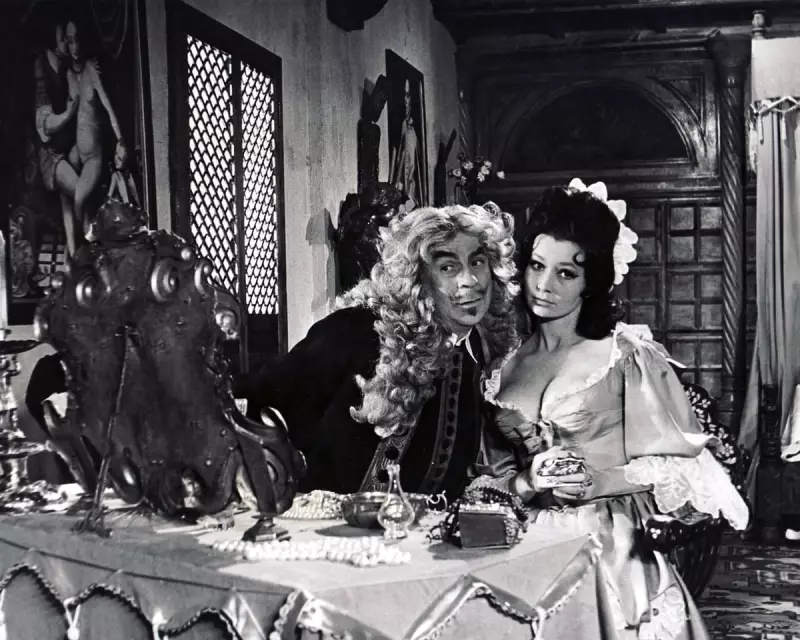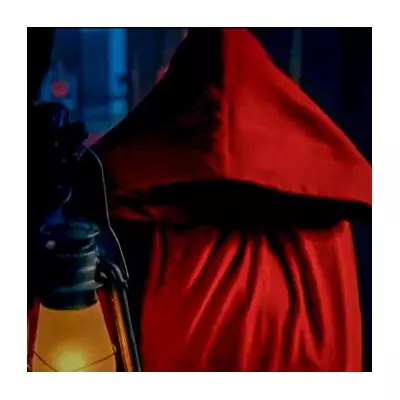
A legendary piece of Polish surrealist cinema makes its return to British screens this month, offering audiences a chance to experience one of European cinema's most bewildering and inventive comedies.
A Head-Spinning Journey Through 18th-Century Spain
The Saragossa Manuscript, directed by acclaimed Polish filmmaker Wojciech Has in 1965, presents viewers with an epic picaresque adventure set in 18th-century Spain. This period-costume comedy has achieved cult status over the decades for its outrageous narrative structure and surreal visual style.
The film transports audiences to the parched landscapes of the Sierra Morena mountain range, where bleached skulls, hanged bandits and mysterious inns create an atmosphere of constant uncertainty. The surrealism isn't merely visual - it permeates the very structure of the storytelling through bewildering juxtapositions of individual tales and anecdotes that grow organically from one another.
Narrative Chaos and Erotic Encounters
The premise begins during the Napoleonic wars in the Spanish town of Saragossa, where one officer attempts to arrest another only to become distracted by the book his captive is reading. The volume turns out to be about the arresting officer's own grandfather, Alfonse Van Worden, with handwritten additions creating the 'manuscript' of the title.
We then flash back to follow Alfonse himself, played by prominent Polish actor Zbigniew Cybulski, as he travels on horseback through wilderness in blazing heat. His journey quickly descends into the bizarre when he encounters a grim gallows with two dead men and experiences an erotic interlude with two Muslim princesses who demand his conversion to their faith.
The film constantly questions whether these events are dreams or reality, a theme that intensifies as Alfonse is arrested by the Spanish Inquisition and encounters a parade of strange characters including a hermit, a scholar of the occult, a mathematician, and a stylish Gypsy whose own stories feature Alfonse's father - a proud blueblood and insatiable duellist.
A Cinematic Legacy Compared to Python and Jodorowsky
The Saragossa Manuscript creates what can only be described as pure narrative chaos, functioning as a kaleidoscope where meaning and resolution always seem just out of reach. Critics have compared the film's style to literary giants like Cervantes and Borges, while also noting its similarity to the work of Alejandro Jodorowsky, particularly in its use of symbolic imagery like hanged men and princesses reminiscent of tarot cards.
The film's farcical encounters bear striking resemblance to Monty Python sketches, while its crisp, clean monochrome cinematography creates the sensation of binging on dozens of episodes of some cult countercultural TV comedy from 1960s Poland.
At one point, Alfonse whimpers, 'I no longer know where reality ends and fantasy begins' - a sentiment many viewers will share. What makes The Saragossa Manuscript particularly remarkable is its lack of irony and self-awareness, presenting its outrageous swerves from conventional storytelling with a refreshing innocence and refinement.
The Saragossa Manuscript will be available on streaming platform Klassiki from 20 November, giving British audiences a new opportunity to experience this unique piece of cinema history that continues to influence filmmakers and delight audiences with its unconventional approach to storytelling.





